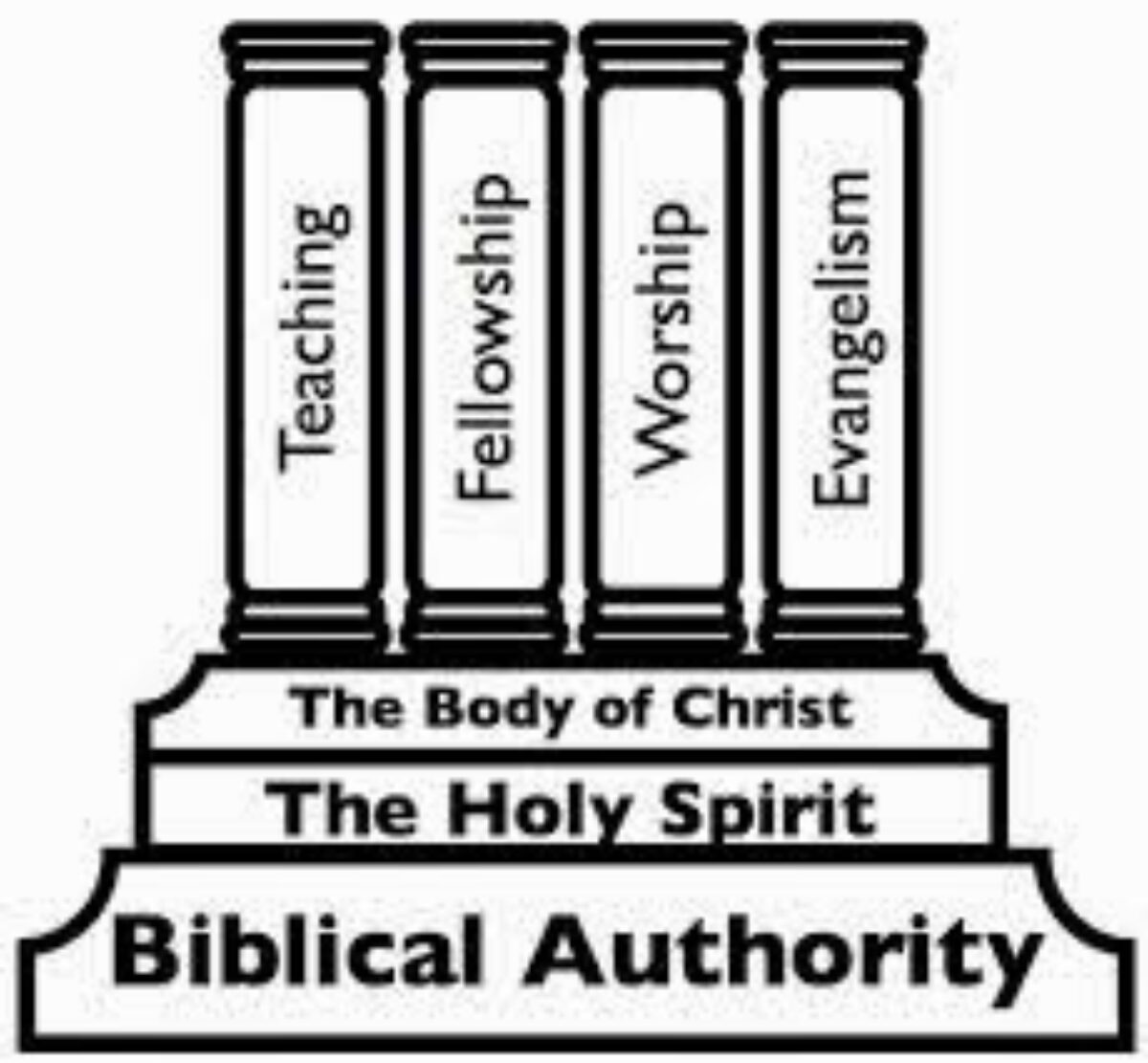It is not a requirement to be a psychology expert to master effective communication. Communication is the sharing of information, ideas, or thoughts between two or more people, and it doesn’t require expertise to do it effectively.
If communication is an art, it can be considered as the art of expression, which involves using language and body language to convey thoughts, ideas, and emotions effectively to others. As with any creative skill, it requires practice to master the art of communication.
One who is good at communicating not only uses clear verbal language but also pays attention to nonverbal cues such as tone of voice, body language, and facial expressions to covey their messages effectively. At the heart of every healthy relationship lies effective communication. It is an essential tool that builds and sustains strong bonds between individuals. It entails clear and open expression, coupled with active listening and empathy towards the other person’s viewpoint. To communicate well, we must be sincere, courteous, and straightforward, taking care to consider the feelings and requirements of the other person.
Communication that is effective between two people fosters mutual understanding, promotes empathy, and facilitates clarity, all of which adds to the benefits of such an interaction. Clear communication builds trust, respect, and meaningful connections, hence strengthening relationships.
Whether in the context of a relationship or work setting, effective communication leads to increased productivity by minimizing misunderstanding and ensuring clear and efficient conveyance of ideas. When conflicts arise, effective communication provides a means to resolve the disagreement with dignity and respect, thus making it a valuable tool for achieving peaceful resolution.
(Proverbs 15:1) Teaches us the power of our words and how they can either diffuse or escalate tense situations. (Ephesians 4:29) Instructs us to be mindful of the words that we speak and to only say things that build up and encourage others, rather than tearing them down. In (Colossians 4:6) we are told to be gracious so that we may know how to answer everyone.
As Christians, we should always speak with kindness and love, while also having wisdom and discernment in our words, so that we may be able to effectively communicate with others and answer any questions they may have.
Words possess immense power and are capable of either building or destroying, it matters the way we use them, so as to achieve the former rather than the latter.
Proverbs 15:1
New International Version
15 “A gentle answer turns away wrath, but a harsh word stirs up anger.”
Proverbs 15:1
King James Version
15 “A soft answer turneth away wrath: but grievous words stir up anger.”
Proverbs 15:1
Living Bible
15 “A gentle answer turns away wrath, but harsh words cause quarrels.”
Ephesians 4:29
New International Version
29 “Do not let any unwholesome talk come out of your mouths, but only what is helpful for building others up according to their needs, that it may benefit those who listen.”
Ephesians 4:29
King James Version
29 “Let no corrupt communication proceed out of your mouth, but that which is good to the use of edifying, that it may minister grace unto the hearers.”
Ephesians 4:29
Living Bible
29 “Don’t use bad language. Say only what is good and helpful to those you are talking to, and what will give them a blessing.”
Colossians 4:6
New International Version
6 Let your conversation be always full of grace, seasoned with salt, so that you may know how to answer everyone.
Colossians 4:6
King James Version
6 “Let your speech be always with grace, seasoned with salt, that ye may know how ye ought to answer every man.”
Colossians 4:6
Living Bible
6 “Let your conversation be gracious as well as sensible, for then you will have the right answer for everyone.”


